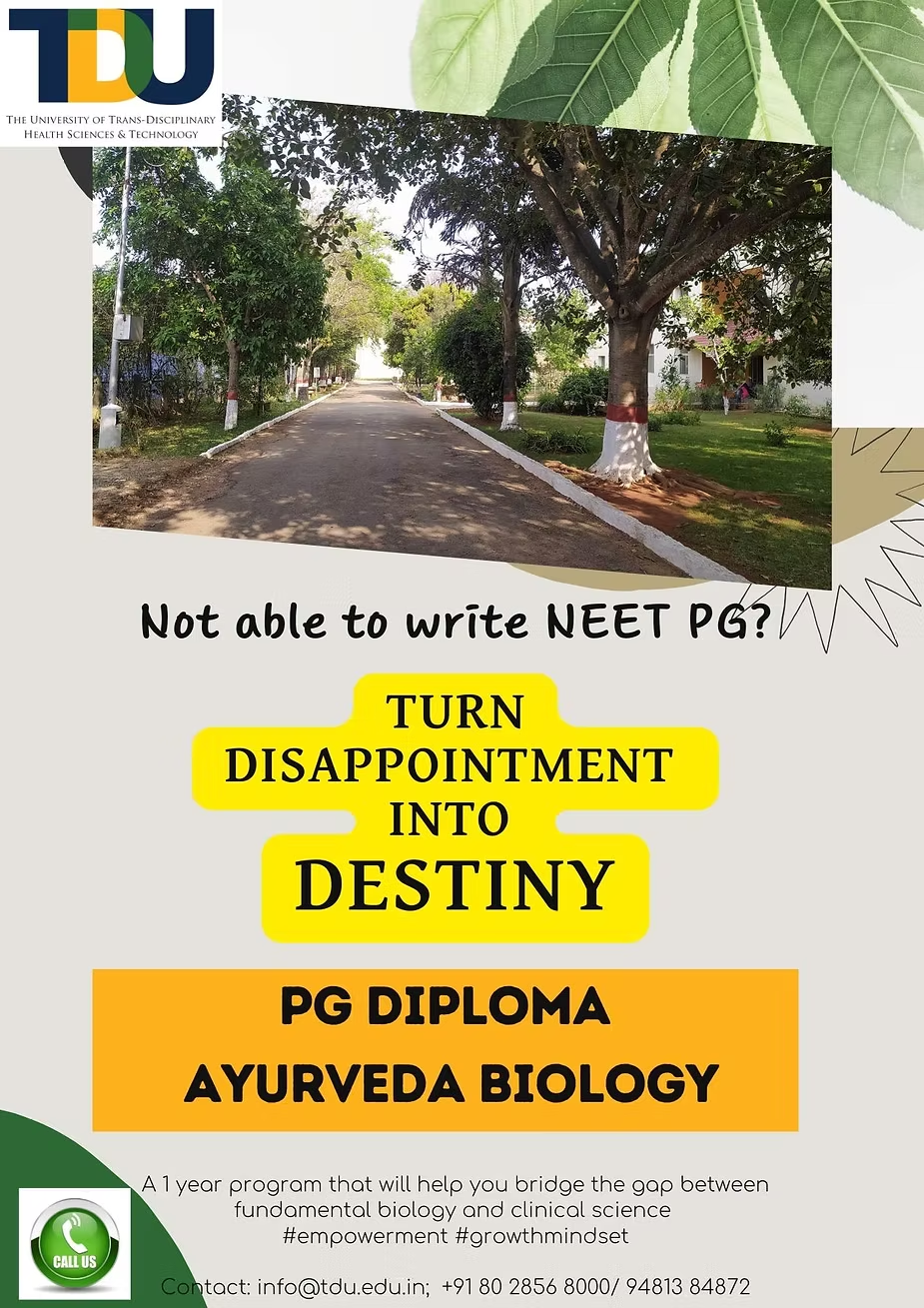Exploring the Future of Food: New Developments in Alternative Proteins
Food innovation took centre stage in Bangalore at the Symposium & Workshop on Alternative Proteins, jointly organized by TDU and the University of Greenwich (Medway Campus). Supported by the Science & Technology Network and the British High Commission, New Delhi, this two-day event ran from March 27th to March 28th, 2025 at the TDU Campus.
.jpg)
The symposium captured the attention of food scientists, innovators, industry, culinary science students and enthusiasts, who delved into advancements in the field of alternative proteins.
The faculty for the workshops and talks for the symposium included global experts from places like University of Greenwich (UK), Wageningen University(Netherlands), Bezos Centre for Sustainable Proteins at Imperial College (UK)and Trans-Disciplinary University (Bangalore). Experts from DBT laid out India’s roadmap on Smart Proteins, from IKP spoke about the start-up incubator landscape in India, from GFI shared an overview of the Indian market and the opportunities that technology canunleash, from Buhler presented the new innovations in extrusion.
Attendees gained insights into cutting-edge technology on extrusion and dry concentration of proteins, ecosystem challenges, and future directions for alternative proteins. The hands-on workshops were received with so much enthusiasm that the team had to schedule additional sessions to accommodate the extra 20 learners beyond the 40-participant capacity.
Event Highlights:
· Hands-on workshops offering a deep dive into high moisture extrusion and dry extrusion processes at the pilot plant. Participants learned to make textured proteins on a twin-screw extruder. The dry extrusion process featured a fermentation protein from StringBio, a Bangalore-based startup on alternative proteins.
· Engaging symposium talks on subjects like designing proteins using twin-screw extruders, addressing India's smart protein landscape, and tackling challenges faced by the industry.
· A masterclass on fermentation proteins and discussions on advanced extruder designs, showcasing the science behind protein structuring.
· A fascinating talk on transforming protein extrusion from an art to a science, exploring tools like rheology, FTIR, and SEM.
This event was not just about science of alternative proteins —it was aboutre defining the future of food, opening pathways for sustainable protein solutions that cater to global and local health needs. From hands-on training workshops to masterclasses, every session was designed to inspire innovation and collaboration among participants.
With such promising developments in the realm of alternative proteins, the future of smart, sustainable food systems seems brighter than ever.






